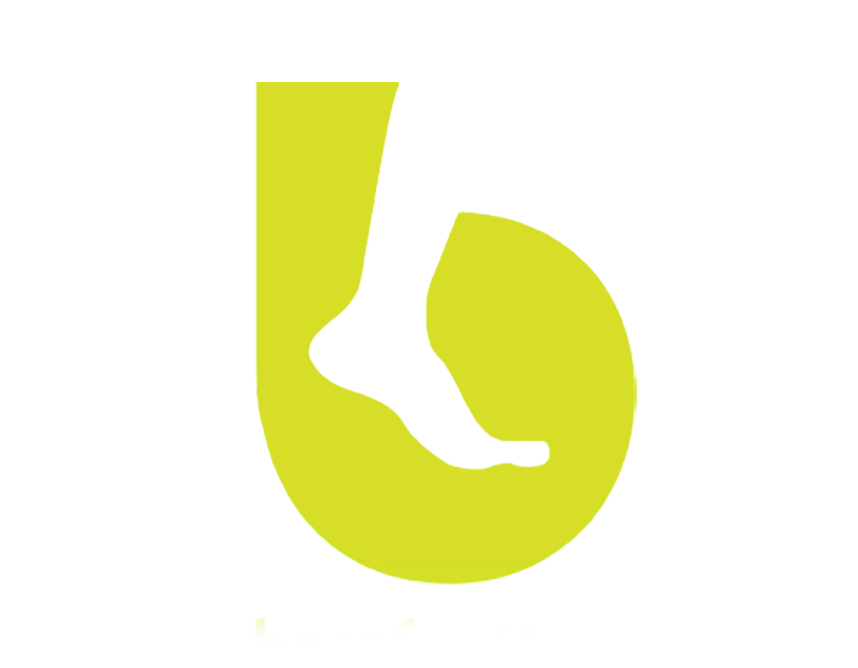Anyone who has watched the movie Sarafina will undoubtedly remember the emotional scene where the students were brutally shot in the street during a protest. That scene was based on the true story of the Soweto Uprising. On the morning of 16th June 1976, an estimated 200,000 students from numerous schools in Soweto took to the streets to protest the poor quality of education they received and demanded to be taught in their languages. Armed security forces responded with tear gas and live ammunition directed at the demonstrating students, killing hundreds of them.
In commemoration of the brave act the students took to defend their rights, the Assembly of Heads of State and Government of the Organization of Africa Unity (now the African Union) instituted the Day of the African Child (DAC). “The DAC thus celebrates the children of Africa and calls for serious introspection and commitment towards addressing the numerous challenges facing children across the continent. The celebration should be contextualised by the Member States as a build-up to the realisation of the rights of children from the family/community level and up to national and international levels.” – excerpt from The Day of the African Child DAC-2021 concept note.
In 2016, the African Committee adopted “Agenda 2040: Fostering an Africa fit for children”, a 25-year agenda for the long-term and strategic progress in implementing children’s rights in Africa.
The state of the Ugandan Child through the lens of our work
The laws of Uganda define a child as any person below the age of 18.
In 2019, BarefootLaw was honoured to collaborate with Wimbledon tennis star, Vania King, to extend free legal services to children from the slum communities of Kampala. Through the “Learning through Play” Project, we partnered with a local tennis association to gather children to play tennis and get free legal education while at it. The three-day activity allowed children facing challenges at home to confide in, and get guidance from, our lawyers. One of the female students, Swabra (not real name), shared her experience.

Swabra, 11, lived with her paternal aunt. This aunt rented a two-bedroom house in one of the Kampala suburbs, along with her husband, three girls, and a boy (Swabra does not say if the other two girls and boy are children to the couple). When her aunt went to work every night, her husband would creep into the shared bedroom completely naked, uncover the girls, and touch them inappropriately. When they showed any signs of screaming, he would threaten them back to silence. Swabra narrated that sometimes she would go to bed with underwear and wake up to find it off. She believed he had molested her in her sleep. When we asked why she had not reported the matter to her aunt, she said she feared her aunt would not believe her.
This case, along with others we received that day, prompted a partnership between BarefootLaw and a child care centre in Uganda. The case is still ongoing.
The plight of children in Uganda continues to worsen, especially now, during this pandemic. A progress report by the UNICEF in Uganda shows a rise in criminal acts against children.
Data from Uganda’s Child Helpline shows that the number of reported cases related to violence against children almost doubled between May and August, from 338 to 619. Sexual violence was the most reported form of violence against children, making up 38 per cent of cases, while neglect was second highest at 36 per cent. Service provision was also constrained during the lockdown.
- 2020 Annual Report, UNICEF Uganda
From July 2020 to date, of all the cases BarefootLaw has received in that period, twenty-three percent (23%) are family-related with nearly ninety (90) cases directly affecting children.
Access to Justice for Agenda 2040
A child’s welfare and wellbeing should be the paramount consideration whenever there is a law, policy, or justice regarding children. For example, no child should be subjected to judicial proceedings without the parents being informed; a child is entitled to shelter, education, a right to know and live with their parents, and to be looked after by their parents. Anything that may take this right away is discouraged by the law and should be frowned upon.
To achieve an Africa fit for children, access to justice and the law must be readily available for all. Parents and caretakers must know and act upon their constitutional duties to meet the needs of children. Leaders and lawmakers must create and implement policies that foster a healthy environment for children to thrive.
We look forward to an Africa where everybody knows the law and uses it as a tool to protect themselves, their family, and their community.

